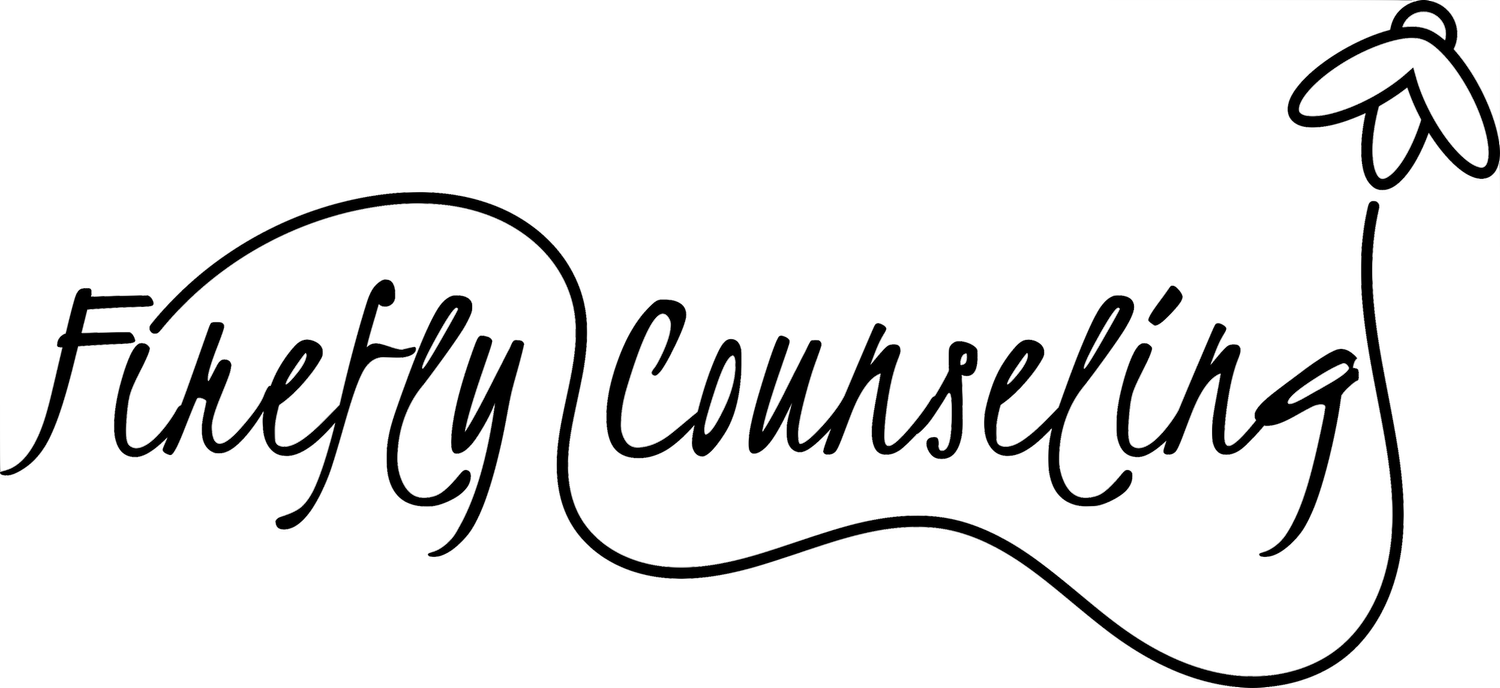Stop Making Assumptions to Improve Relationships and Anxiety
We want to know why
When something unexpected happens to us, our minds have the tendency to try to figure out why it happened. This tendency can be so strong that if we can’t figure it out, we will make up a reason. Another term for this thing that we do is “making an assumption”. The funny thing is, much of the time the assumptions we make up are negative. And, according to an evidence-based therapy called “Cognitive-Behavioral”; (CBT for short), feelings are caused by our thoughts, and actions are caused by our feelings: Thoughts => Feelings => Actions. So, making a negative assumption causes us to have a negative feeling, which in turn can cause us to take negative action.
So why, if we are making it up, don’t we make up something positive?
One explanation for veering toward the negative is our survival instinct, which protects us from danger. Imagine that you are swimming in the ocean and see a sudden movement. You assume that it’s a shark and quickly get out of the water. Now it’s possible that there was nothing dangerous in the water but assuming it was a shark kept you safe in case there was one. In this case, veering towards the negative was a good idea.
But sometimes veering towards the negative is not a good idea. Take the case of “road rage”. When a driver cuts us off in traffic, we often don’t know why they did it so we come up with a reason. A “road rager” makes up a negative reason such as “the other driver thinks they are more important than everyone else”. This assumption makes them feel angry and causes them to yell, wave their fists, or even give the finger because Thoughts => Feelings => Actions. This is not a good look and all that negativity can be harmful.
Another example happens in relationships. Let’s say I see pictures on Instagram of two of my colleagues having dinner together. I don’t know why I wasn’t invited so I instinctively make up a negative assumption such as they don’t like me. This results in me feeling hurt and lonely. Based on this assumption, I unfollow them and start to look for new friends. If my assumption was true, it would protect me because it caused me to look for new friends. However, what if it was not true? I now went through a lot of work and lost some friends when I didn’t even know the real reasons.
But there’s hope: we can learn to reduce unhelpful assumption-making
In order to stop ourselves from making negative assumptions, we first need to increase our awareness. Awareness of any step in the “Thoughts => Feelings => Actions” process is good. The earlier in the process that you can catch it the better but it takes more practice to notice the thought before it causes a feeling. So be gentle with yourself if you don’t catch it right away. You can always backtrack to figure out what the thought was.
Once you know what the thought is, you can try these 2 things to shift your thinking:
Tell yourself that you don’t need to know. This can be hard to do but with practice, we can get better at accepting the uncertainty of not knowing why things happen. If we catch ourselves making something up or trying to figure it out, we can tell ourselves that we don’t know and don’t need to know, and then move on to doing something we value. In the case of getting cut off in traffic, we can tell ourselves “Hmm, I wonder how that happened. Oh well, I’m going to listen to that podcast episode I’ve been wanting to hear”. In the case of not being invited, we can tell ourselves. “I wonder why I wasn’t invited. Oh well, there must have been a good reason. I’m going to make plans for Saturday night.”
Check it out. Sometimes, there is a way to find out instead of accepting that you don’t know. It can even enhance relationships because it promotes honesty and openness. To check it out, simply go to the person you are making an assumption about and ask them what happened. If you are not used to this, it can be difficult because you are being vulnerable with the person and that can be hard to get used to. Here’s an example of what you might say in the case of not being invited: “Hey Jasmine, I noticed that you and Elsa had dinner together the other night. Why wasn’t I invited?”. Then, wait for the to answer. You will hopefully find out that it wasn’t because they don’t like you. Plus, you and this friend will grow closer because you will feel more comfortable checking things out with each other in the future.
It’s worth the effort
Reducing the frequency of negative assumption-making can have a positive effect on anxiety and relationships because we in turn feel negative emotions less frequently, and take fewer negative actions. And when these improve, so does our self-esteem and when that happens, there’s no end to what we can achieve! And it’s not that much work, right? So how about giving it a try?

